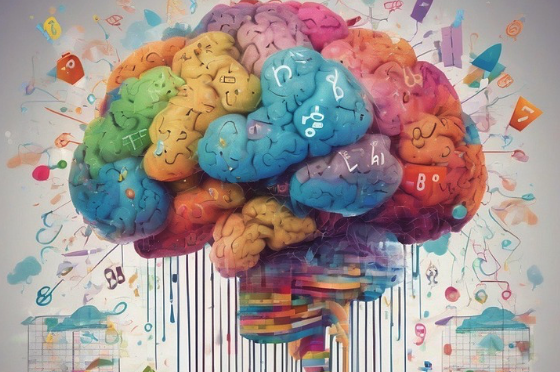The Brain-Altering Power of Gratitude

A simple gesture or a heartfelt "thank you" can work wonders in expressing gratitude. These little acts of kindness have a powerful impact on our overall health, benefiting our brain and nervous system. Learn how to embrace gratitude and watch how it transforms your life.
What is gratitude? Simply put, it's the act of recognizing and appreciating the good in our lives. Whether giving or receiving thanks, gratitude is closely linked to happiness.
Gratitude is more than a pleasant feeling; it’s a powerful force that can create lasting changes in the brain and improve overall well-being.
One of the most profound ways gratitude affects the brain is by increasing the production of dopamine and serotonin, two neurotransmitters responsible for feelings of happiness and contentment. When we express gratitude, these “feel-good” chemicals are released, giving us a temporary emotional lift and supporting long-term improvements in mood and emotional balance.
Gratitude also plays a key role in managing stress. Focusing on positive emotions can help reduce the production of cortisol, the body’s primary stress hormone. This calming effect on the nervous system may ease anxiety and promote greater peace and well-being.
With each expression of gratitude, the brain strengthens neural pathways associated with positive emotions. Over time, these pathways become more dominant, making accessing feelings of happiness, optimism, and contentment easier.
Research has even linked regular gratitude practice to better sleep. People who reflect on what they’re thankful for before bed often report falling asleep faster, enjoying deeper rest, and waking up more refreshed.
Gratitude helps us focus on what we have instead of what we lack. This shift can improve our mood, strengthen our relationships, and promote joy and fulfillment. Practicing gratitude is a simple habit that can greatly enrich our lives.